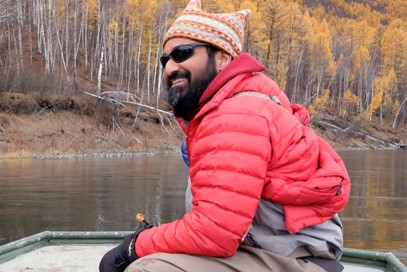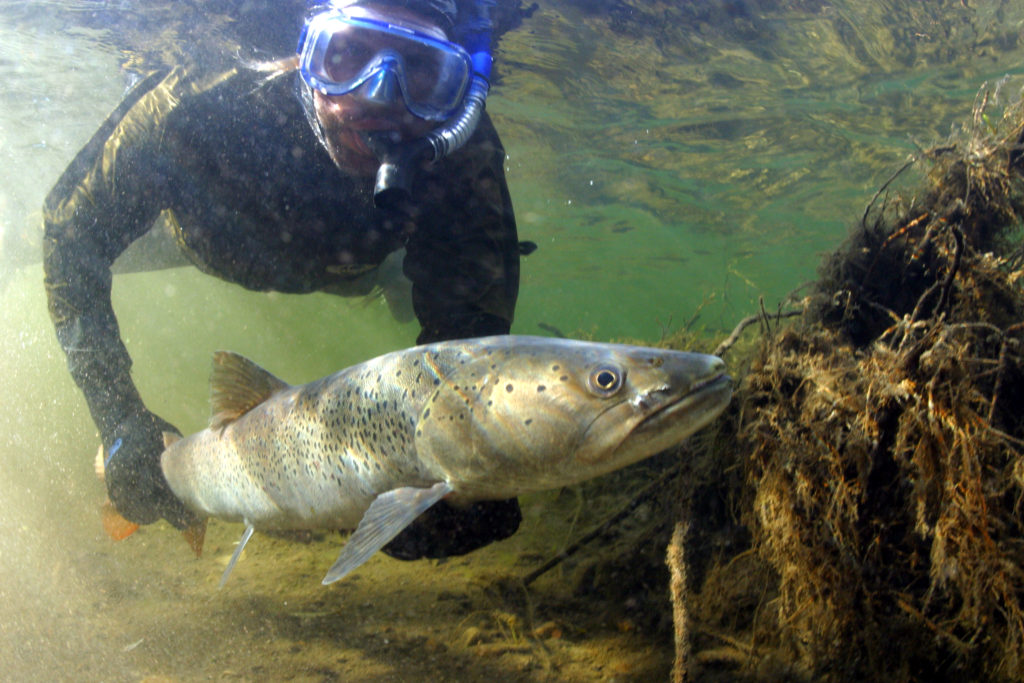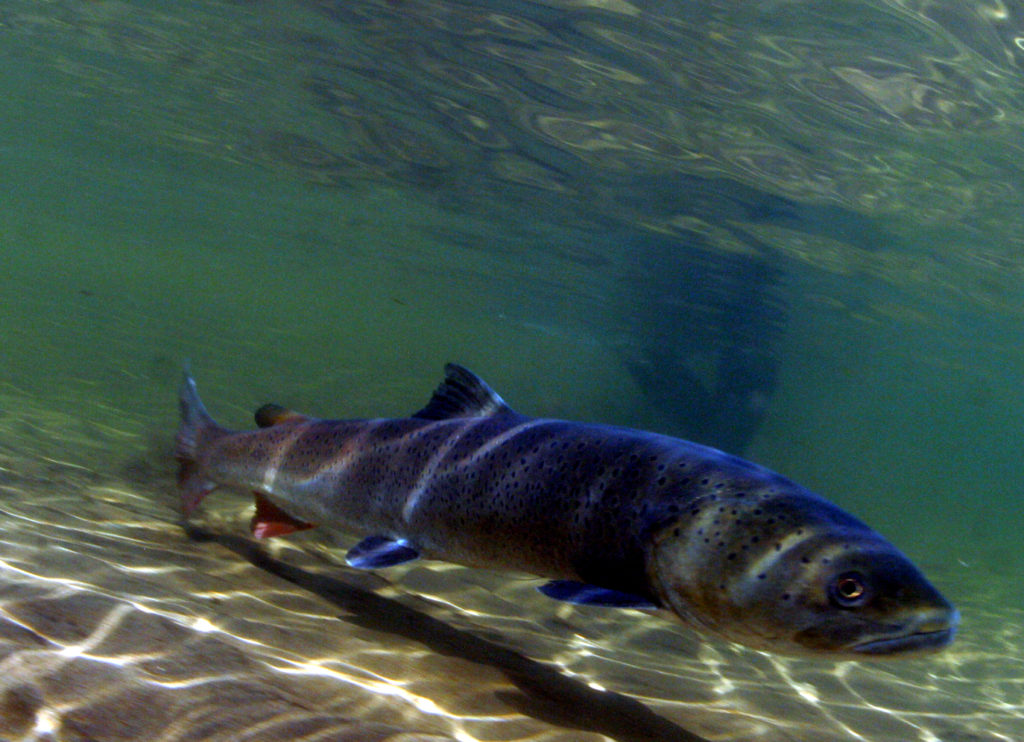"As the users of these wild natural systems, we have to be careful not to love them to death"
-Dr. Sudeep Chandra, Univ. of Nevada, Reno
Today's guest is as dynamic, complex and adaptable as the water he researches and enjoys. Dr. Sudeep Chandra has many research interests and academic strengths. And in my opinion, one of his super powers is the ability to breakdown really complex issues and topics so we can understand and appreciate them as much as he does. His ability to explain physical and biological processes and have them relate to the rivers and lakes we fly fish is a treat I hope you all enjoy. Sudeep's research into the Taimen of Mongolia has allowed him to have a even greater appreciation to the unique setting of Pyramid Lake and the LCT that live there.
Sudeep is an Associate Professor of Limnology and Conservation Ecology at the University of Nevada, Reno. He serves as Director of the University’s new initiative the Global Water Center: Solutions for Sustainability. Sudeep also currently serves as the co-director of the Graduate Program in Hydrologic Sciences which I am a proud alma mater.
We try to demystify some of the questions and topics that come up frequently around the shop, such as, why does Pyramid Lake "turnover" and what happens to it's biology when it does. Also we talk about impacts to Pyramid Lake, the Truckee River and other western Great Basin lakes as a result of prolonged drought and less frequent but more substantial flood events. Finally we touch upon Sudeep's research interests in Mongolia where he studies the world largest trout the Taimen (Hucho Taimen) and their similarity to the LCT of Pyramid Lake.
He has received awards for his efforts including: American Fisheries Society’s CA-NV Award of Excellence, the Tahoe-Baikal Institute Alumni of the Year, University of Nevada’s College of Agriculture, Biotechnology, and Natural Resources Teacher of the Year, and his favorite, the Mad Hatter’s Award from the Graduate Program in Hydrologic Sciences.
In 2003, he was awarded his 1st international research funding from the Trust for Mutual Understanding and the National Geographic Society to investigate the impacts of mining activities in the Lake Baikal watershed in Russia and Mongolia. As you will hear in this episode this has lead Sudeep and his team to utilize unconventional scientific research techniques in collecting Taimen data in Mongolia and to coordinate with Mongolian tribes to prioritize conservation and habitat protections.
This work led to the development of a project funded by the Global Environment Fund and World Bank to use faith-based initiatives and scientific approaches to conserve the world’s largest trout, the Taimen, in Mongolia.
Sudeep loves to engage laypersons and professionals, students, policy makers, and concerned citizens in the importance of using science based information to protect and restore aquatic resources. He feels like there is much more to give in life, and will continue to work to help his fellow humans and the environment in which they inhabit.
Show Notes:
Links to resources we discussed:
Castle Lake Environmental Research and Education Program
Graduate Program in Hydrologic Sciences
Graduate Program in Ecology Evolution and Conservation Biology
Sudeep's work using drone's with Taimen research.
https://www.unr.edu/nevada-today/news/2017/fly-fishing-mongolia
Sudeep's mini-documentary on Summit Lake and LCT management.


